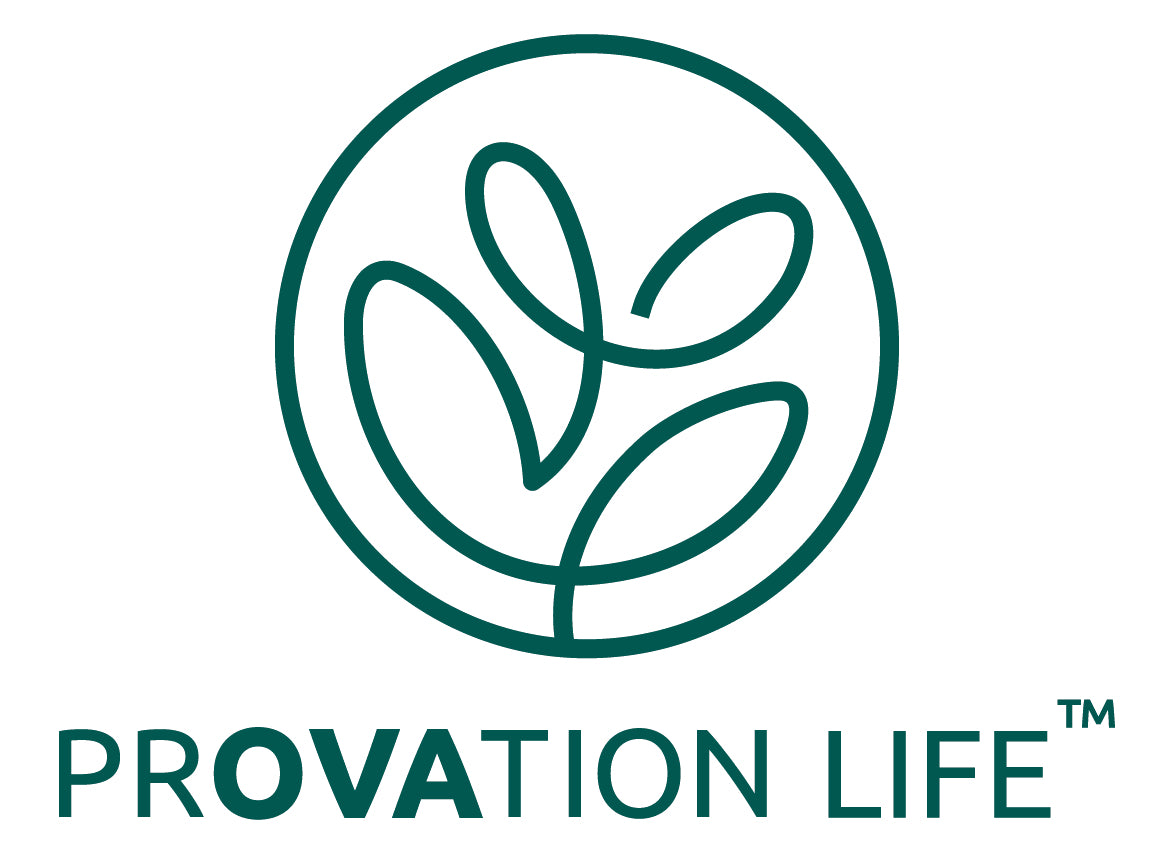There are numerous well-known side effects of PCOS that pose challenges for women, including irregular menstrual cycles, hormonal imbalances, and a range of physical and emotional symptoms. However, there's a lesser-known but crucial aspect of PCOS that deserves attention: its connection to sleep apnea. In this article, we will explore the intricate relationship between PCOS and sleep apnea, shedding light on how these two conditions intersect and affect women's health.
PCOS is a multifaceted condition characterized by hormonal imbalances, notably elevated levels of androgens (male hormones) and insulin resistance. This hormonal imbalance can lead to various symptoms, including irregular menstrual cycles, ovulatory dysfunction, weight gain or difficulty losing weight, hirsutism (excessive hair growth), acne and skin issues, and infertility.
Sleep apnea is a sleep disorder characterized by repeated interruptions in breathing during sleep. These interruptions can be caused by the relaxation of throat muscles, leading to a blocked or narrowed airway. While sleep apnea is commonly associated with overweight middle-aged men, research has unveiled a strong connection between PCOS and sleep apnea, particularly in women.
Here's how PCOS and sleep apnea are intertwined:
Hormonal Imbalances: PCOS leads to elevated androgen levels, which can affect the upper airway muscles' function. This can make women with PCOS more susceptible to airway collapse during sleep, a hallmark of sleep apnea.
Obesity: Many women with PCOS struggle with weight gain or find it challenging to lose weight. Excess weight can increase the risk of sleep apnea, as it can lead to the accumulation of fatty tissues in the throat, further narrowing the airway.
Insulin Resistance: PCOS often involves insulin resistance, which can lead to higher blood sugar levels and increased fat deposits. These factors contribute to weight gain and potentially worsen sleep apnea.
Hormonal Birth Control: Some women with PCOS may be prescribed hormonal birth control to regulate their menstrual cycles. While this can help with PCOS symptoms, it can also contribute to sleep apnea risk by increasing fluid retention and weight gain.
Inflammation: Chronic inflammation is often present in PCOS. This inflammation can affect the upper airway muscles and contribute to airway instability during sleep.
The connection between PCOS and sleep apnea has significant implications for women's health and well-being. Sleep apnea can lead to various health issues, including daytime fatigue, cardiovascular risks, metabolic consequences, and emotional health challenges.
Recognizing the connection between PCOS and sleep apnea is the first step in addressing this issue effectively. Consulting a healthcare provider who specializes in sleep medicine, achieving and maintaining a healthy weight, considering Continuous Positive Airway Pressure (CPAP) therapy, exploring alternative hormonal management options, and practicing good sleep hygiene are essential steps for managing and treating these interconnected issues. By doing so, women can enjoy better sleep, improved overall health, and an enhanced quality of life.












